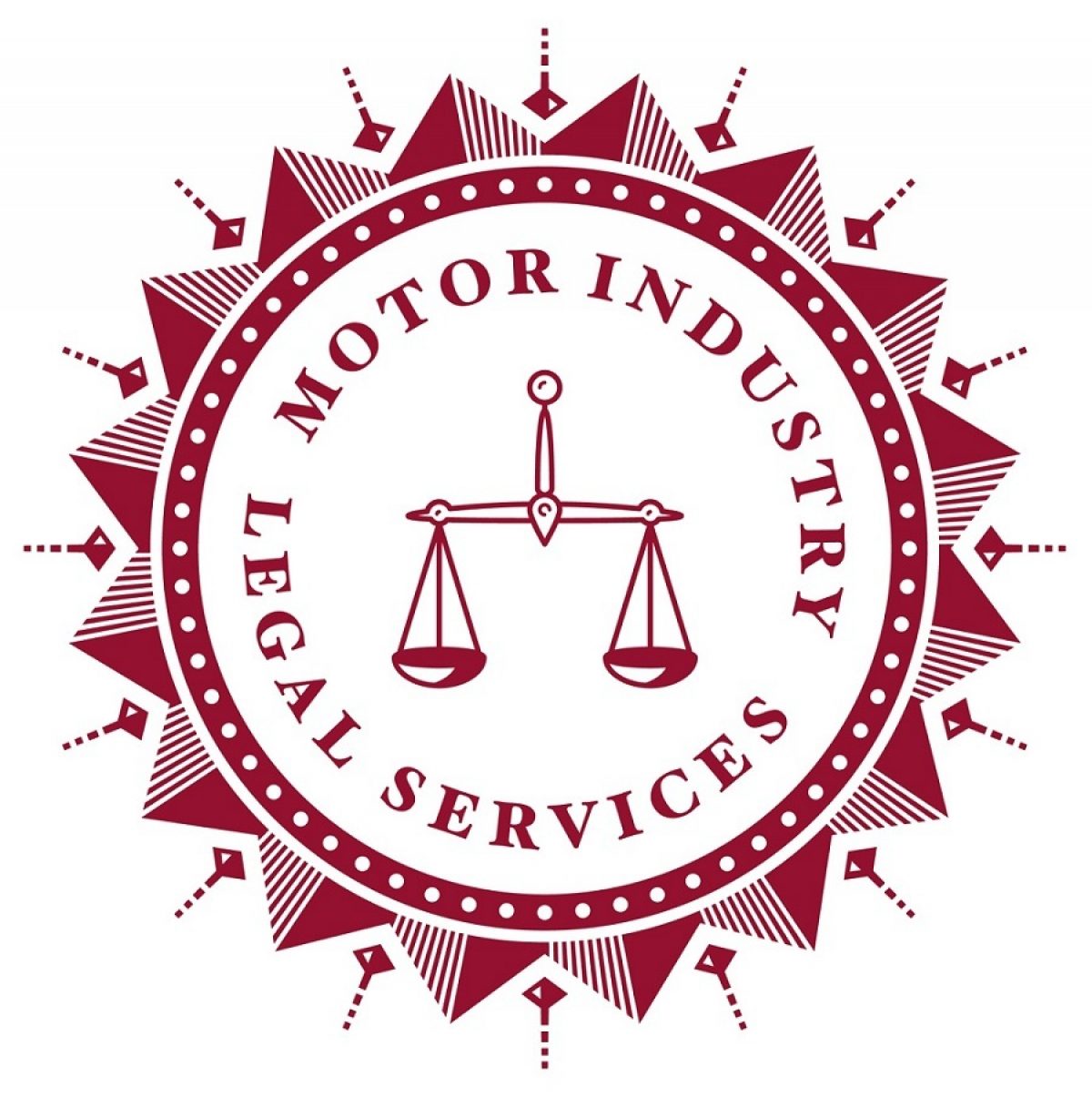
“I have an employee who has come to me complaining that his manager has been bullying him and treating him unfairly. He said he wants to put in a “formal grievance”. To be honest we are a fairly relaxed employer and we don’t have such procedures. We usually sort out our problems informally. What do I do next?”
All employers, no matter how large or small should have a formal grievance procedure in place to deal properly with grievances at work. A formal grievance procedure needn’t be too onerous. ACAS have example policies that employers can use and ACAS publish a Code of Practice on grievances, which is referred to in Tribunals. You should certainly read the Code if ever you receive a formal grievance from an employee.
Even if you don’t have a formal grievance procedure in place, the following basic steps should be always be taken:-
- Ø Write to the employee setting up a formal meeting to discuss his/her grievance giving him/her the right to be accompanied by a trade union representative or work colleague;
- Ø Hold that grievance meeting and listen to concerns / complaints;
- Ø Adjourn the meeting and go away and investigate and come to a conclusion on the grievance;
- Ø Set out the decision in writing, with a right of appeal;
- Ø If the employee appeals, make sure that a more senior officer, who has not been involved so far, conducts the same basic procedure as above, i.e. write to him/her setting up a meeting, give him/her the same right to be accompanied, hold the meeting, investigate and confirm the appeal decision in writing.
Under the Employment Rights Act 1996, the size and administrative resources of an employer are relevant to how fairly and thoroughly an employer deals with such matters. The larger and more sophisticated the employer, the greater the onus to be procedurally perfect. The smaller the employer, the more Tribunals are supposed to give a degree of leeway given the lesser administrative resources. This should not however be an excuse for small employers, who should be following the basic steps above.
If you simply ignore a grievance and an employee has over 2 years’ service, then this could form the basis of a constructive unfair dismissal claim. Likewise, depending on the contents of the grievance, you can be liable if you do not deal with matters under other parts of employment law, for example discrimination or whistle-blowing. Failure to deal with a grievance can also lead to uplifts in compensation in Tribunals of up to 25%.
Practical matters: dealing with a grievance
It is, of course, often the case that an employee will not be satisfied with the employer’s decision on a grievance, especially if it is not upheld. As an employer, you have a duty to reasonably investigate and this might involve interviewing other staff, interviewing the employee in question and coming to conclusions on the balance of the evidence.
A common trap that employers sometime fall into is to promise absolute confidentiality when dealing with grievances. That is of course not always possible, because to investigate the grievance, allegations often have to be put to other employees and statements taken. Employers can ask employees to keep discussions confidential to the meetings arranged, but cannot promise complete confidentiality of information, otherwise grievances cannot be thoroughly investigated.
Setting the law aside for a moment, for good employee relations, dealing with grievances fairly and within a reasonable time is obviously important. A fair grievance investigation and procedure can often resolve issues before they become more serious.
Motor Industry Legal Services
Motor Industry Legal Services (MILS Solicitors) provides fully comprehensive legal advice and representation to UK motor retailers for one annual fee. It is the only law firm in the UK which specialises in motor law and motor trade law. MILS currently advises over 1,000 individual businesses within the sector as well as the Retail Motor Industry Federation (RMI) and its members.
